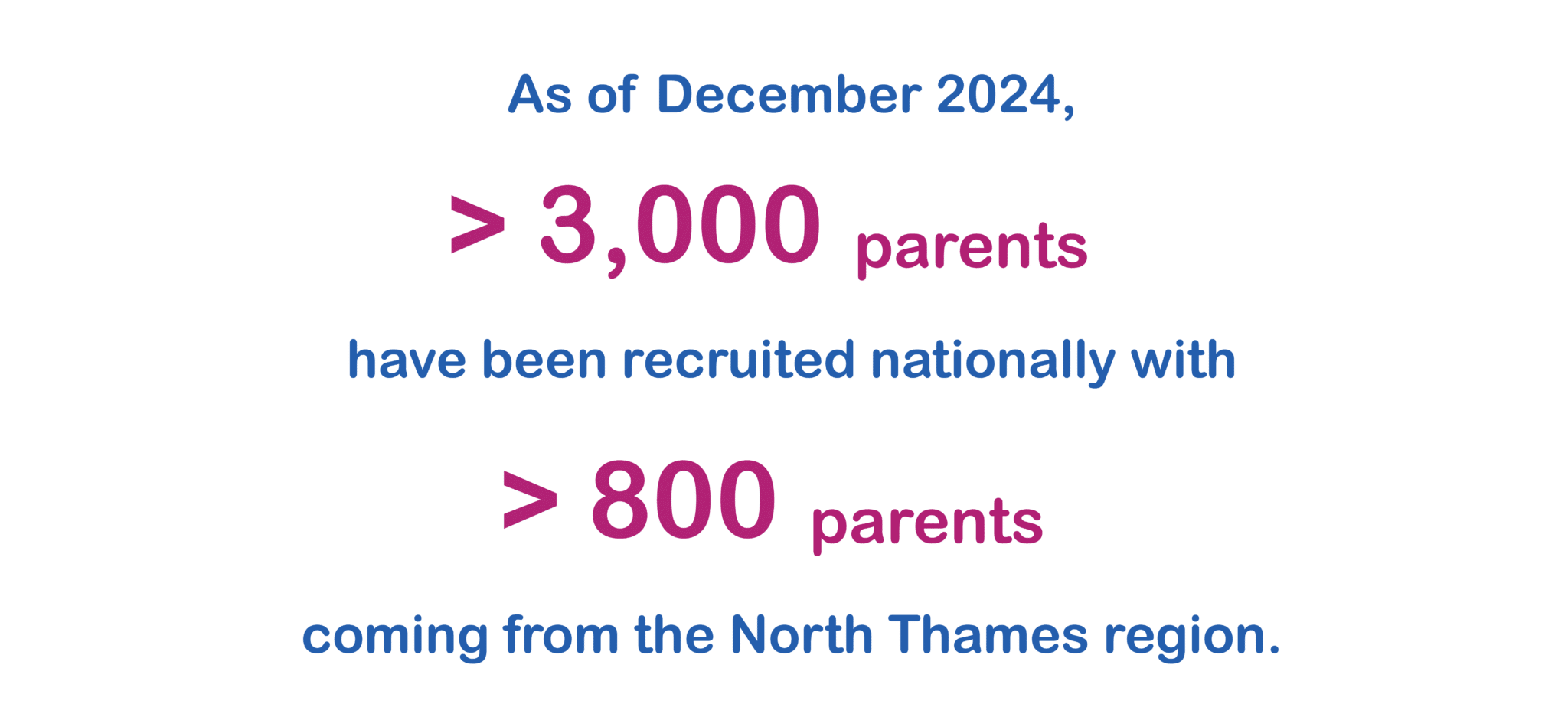Generation study
The Newborn Genomes Programme or The Generation Study is a long-term research project run in partnership with NHS England and Genomics England.

The study is taking place across NHS Trusts in England and will recruit 100,000 newborn babies. It will explore the benefits, challenges, and practicalities of offering whole genome sequencing to newborns as a screening tool.
The study uses a blood sample to look for changes in genes linked to 200+ rare conditions.
The conditions tested for:
- Usually appear in the first few years of life.
- Can be improved if caught early.
- Can be treated through the NHS in England.
The Generation Study aims to:
The Generation Study will evaluate the utility and feasibility of using genome sequencing to screen newborn babies for a larger number of rare conditions that can then be treated in the NHS. This aims to improve their health outcomes and quality of life through more timely diagnoses, access to care and treatment.
With parent’s consent, babies’ genomes and health data will be accessed for wider research about genes and health, so we can investigate new testing and treatment for genetic conditions in the future. Approved researchers can access this data in a secure database called the National Genomic Research Library without knowing babies’ identities.
We’ll continue engaging with the public, parents, healthcare professionals, rare disease communities and policymakers to look at the possible benefits, risks, ethical and practical implications of storing an individual’s genome over their lifetime.
How is the North Thames Genomic Medicine Service involved?
The NT GMSA plays an important role in the generation study by linking the generation study research test to patient care. Parents of newborns with a suspected condition will be supported in accessing NHS services by the Generation Study Regional Results Coordinators (RRC) for confirmatory testing and treatment, as required.

In North Thames the RRCs are:

